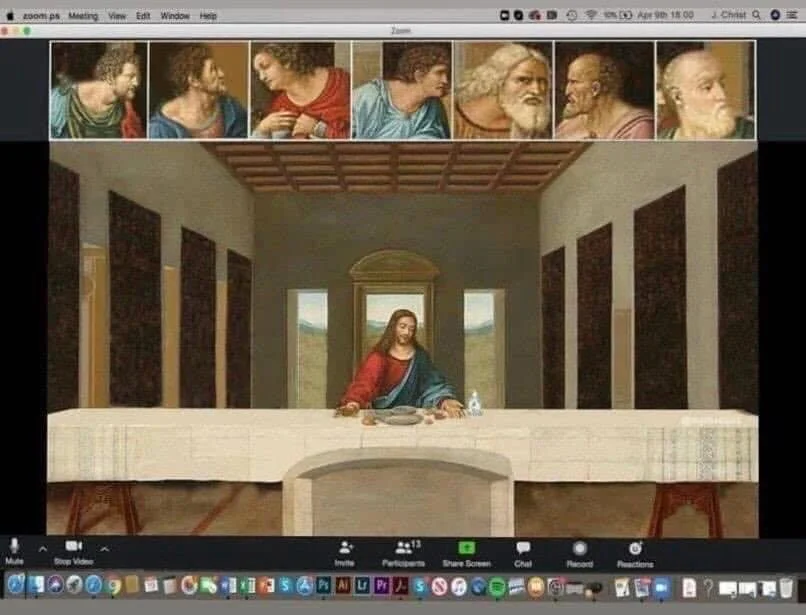It's rare to hear political leaders speak with candor when it comes to religion.
Imagine the angry newspaper headlines if a world-famous legislator dared to say: "I fear for the future of authentic faith in our country. We live in a time when the common man ... is thoroughly influenced by the current climate in which the cultural and educational elite propagates an anti-Christian message. We should take a look at what has happened in France and learn a lesson from it."
How would pundits respond if the same politico then said: "Is it any wonder ... that the spiritual condition of our country is of little concern to those who don't even educate their own children about true Christianity?"
Of course, a modern politician didn't air these blunt words on "Meet the Press." An 18th-century Member of Parliament named William Wilberforce published them in a British bestseller entitled "A Practical View of the Prevailing Religious System of Professed Christians in the Higher and Middle Classes in This Country, Contrasted with Real Christianity."
"The first time I read that book, I thought, 'It's hard to work through some of the old language, but what the man is saying could have been written yesterday,' " said the Rev. Bob Beltz, an evangelical Presbyterian who oversees special media projects for billionaire investor Philip Anschutz.
"I kept writing '1797' over and over in the page margins, with exclamation marks. His words are so relevant that it's shocking."
The question is whether modern Americans will admire Wilberforce as much as Thomas Jefferson, Abraham Lincoln and others admired him in the past and, perhaps, go see his life story on a movie screen.
Modern Wilberforce disciples are doing what they can, producing new books, educational projects and political activism (www.theamazingchange.com) tied to his legacy. For example, Beltz set out to translate the heart of Wilberforce's book into modern language, a slim volume now called "Real Christianity." Proceeds will go to the Dalit Freedom Network that is active in India.
At the same time, Beltz was involved with Bristol Bay Productions to produce the new movie "Amazing Grace," released on the 200th anniversary of Wilberforce's greatest victory. It was on Feb. 23, 1807, that the slave trade was abolished throughout the British Empire after years of struggle that taxed the abolitionist's faith, will and health.
"Amazing Grace" opened on a modest 791 screens and grossed $4 million its first weekend, a $5,442-per-screen average that matched the top releases. The studio hopes to increase its promotional budget and reach more screens in upcoming weeks.
"We know that this isn't the ordinary kind of movie that makes people rush to the theater," said Beltz. "Then again, Wilberforce wasn't your ordinary kind of man."
Born in a successful merchant family, Wilberforce won a seat in the House of Commons in 1780, shortly after graduating from Cambridge University and celebrating his 21st birthday. Before long he was both a radical social reformer and a radical evangelist who – after two years of intellectual and spiritual turmoil – came to see no conflict between his twin callings in the public square.
Thus, Wilberforce on Oct. 28, 1787, wrote in his diary that, "God Almighty has set before me two great objects, the suppression of the slave trade and the reformation of manners." In that era, pledging to reform "manners" meant supporting public efforts to promote moral virtue and oppose vice.
As if these passions were not enough, Wilberforce was also a spectacular orator, writer, singer, publisher, art lover, amateur scientist and social activist who helped build hospitals, fight cruelty to animals, reform prisons, improve schools and promote better factory working conditions.
It's crucial to realize, said Beltz, that for Wilberforce all of these causes were woven into the fabric of his life and faith. He saw no conflict between his head and his heart, between evangelism and social justice. What he opposed most of all was "nominal," culturally compromised faith laced with apathy.
"You have people who believe that if you are born in America and go to church on Sunday then that means that you are a Christian," said Beltz. "That is precisely the attitude that William Wilberforce was fighting in the England of his day. He believed that you couldn't defeat a great evil like slavery with a weak, watered-down faith. You needed the real thing."





